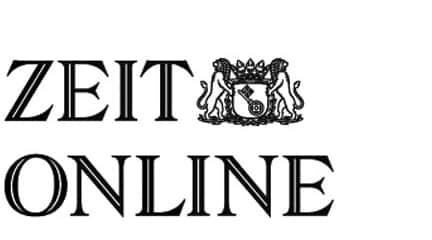An interview with Isaac Chotiner on the the vaccine rollout and shifting politics in the E.U.
Isaac Chotiner: Europe has faced a number of challenges in the last dozen or so years, from the financial crisis, to Brexit, to the rise of right-wing populism. Do you see the stumbles around the vaccine rollout as stemming from the same causes as of those earlier problems?
Adam Tooze: It’s definitely a new challenge, as it is for everyone. If one takes, holistically, the COVID-19 crisis, then one would have to say all of the major states around the world have faced this crisis, and there aren’t very many states other than the handful of familiar East Asian success stories that have done well. But you’re absolutely right that, in Europe, it comes as part of the bubble of complacency that burst in 2008, and they’ve been struggling ever since to reëstablish a more positive narrative. You could argue, in fact, that the bubble of complacency burst in Europe in 2005, when the European constitutional proposals were shot down by the Dutch and the French electorates, and they’ve been struggling ever since to really get on track. Peak complacency in Europe was the early two-thousands, when they had put the euro into effect; they had a constitutional program going; and, on the other side of the Atlantic, you had all the liberal world in indignant outrage about the Bush Administration and the disastrous war in Iraq. So that was peak European complacency, and it’s been downhill ever since.
Read the full interview at The New Yorker



